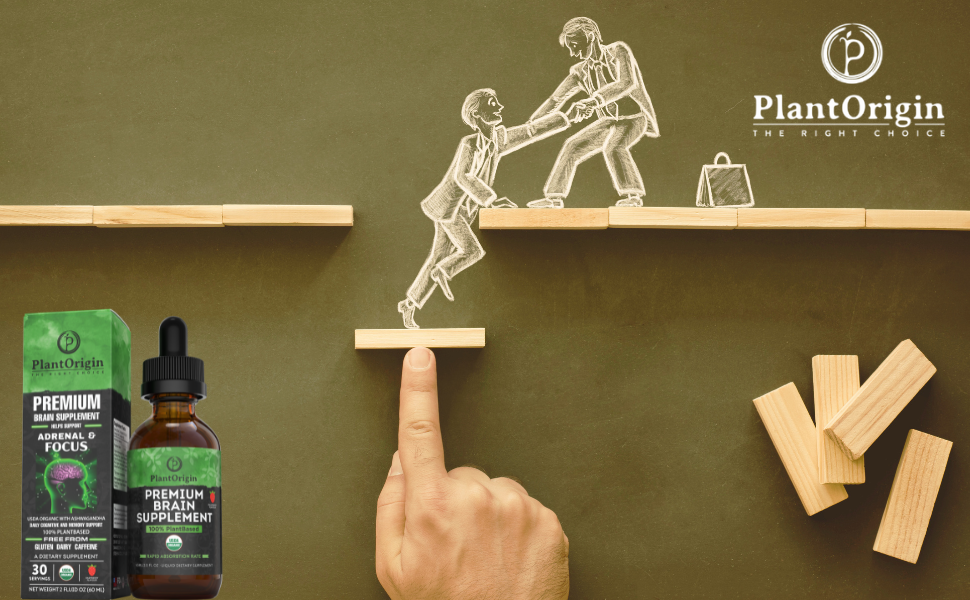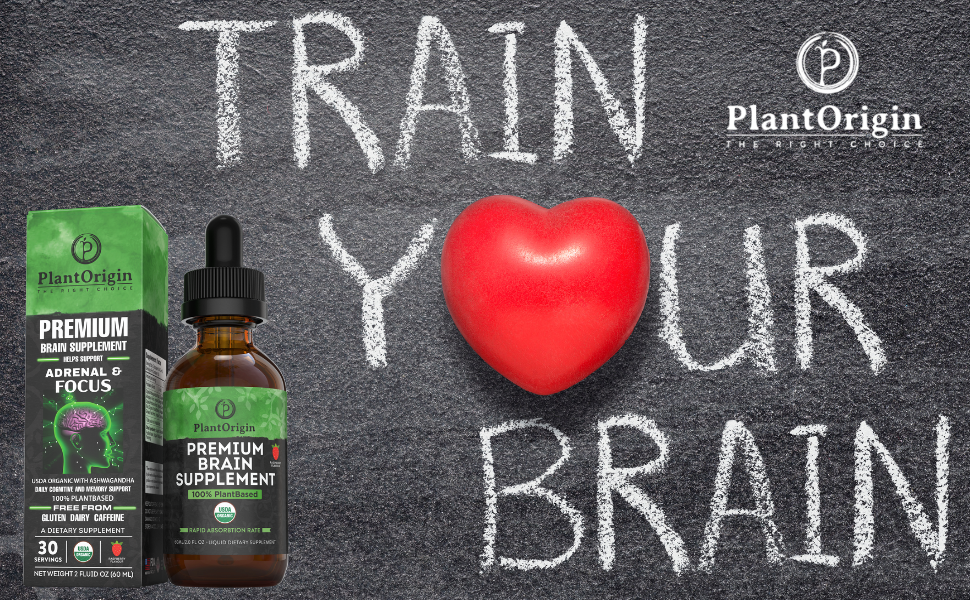
THE TRIAD OF SUCCESS: ADVERSITY, PASSION, AND SELF-BELIEF, AND THE CRUCIAL ROLE OF MENTAL HEALTH
Success, a concept that has driven humanity’s pursuit since time immemorial, is a multi-faceted gem, reflecting a myriad of colors depending on individual aspirations. While there is no one-size-fits-all formula for achieving success, there are three potent ingredients that seem to stand out, contributing to the journey towards triumph: adversity, passion, and self-belief. This article delves into the dynamics of these essential elements, exploring how their interplay can create a winning combination. Moreover, it highlights the often overlooked yet critical aspect of mental health in the pursuit of success.
EMBRACING ADVERSITY: THE STEPPINGSTONES TO TRIUMPH
Adversity, the unwelcome visitor to the path of achievement, often knocks uninvited, testing the resolve of those yearning for success. However, it is not the adversity itself that shapes the outcome but rather how individuals respond to it. Great achievers throughout history have turned their adversities into stepping stones, using the challenges as opportunities for growth and learning.
One powerful example is the story of Thomas Edison, the prolific inventor. He faced countless failures and setbacks while striving to create the electric light bulb. Instead of succumbing to frustration, he embraced each failure as a learning experience, famously stating, “I have not failed. I’ve just found 10,000 ways that won’t work.” Edison’s ability to see adversity as a companion to success allowed him to persevere and ultimately achieve his ground-breaking invention.
FUELING THE FIRE: PASSION AS THE DRIVING FORCE
Passion, the intense flame that burns within the hearts of those driven to achieve their dreams, is an undeniable catalyst for success. When individuals are passionate about their goals, they become deeply committed to the pursuit, willing to invest the time and effort required to excel.
One remarkable exemplar of passion’s power is J.K. Rowling, the renowned author of the Harry Potter series. Facing numerous rejections from publishers, Rowling refused to let her dreams wane. Her passion for storytelling and belief in her work fueled her determination. Eventually, Bloomsbury Publishing took a chance on her, and the world was introduced to the enchanting world of Hogwarts. Rowling’s unwavering passion not only brought her success but also touched the lives of millions of readers worldwide.
THE ANCHOR OF SUCCESS: SELF-BELIEF
In the labyrinth of challenges and uncertainties, self-belief emerges as a guiding star, navigating individuals through the darkest nights of doubt. Believing in oneself, even when others may not, is a fundamental aspect of achieving success. It is the quiet confidence that keeps individuals going, even when the odds seem insurmountable.
The story of Serena Williams, the tennis legend, epitomizes the power of self-belief. Despite facing numerous skeptics and naysayers, she held steadfast to her belief in her abilities. Williams never allowed her race or gender to define her worth on the tennis court. Instead, she forged ahead, becoming one of the most dominant athletes in the history of the sport. Her unwavering self-belief fueled her relentless pursuit of excellence and rewrote the record books.
THE SILENT ALLY: MENTAL HEALTH IN THE JOURNEY TO SUCCESS
As we unravel the dynamics of success, it is essential to shine a spotlight on a silent yet vital ally: mental health. The pursuit of success can be emotionally taxing, riddled with stress, anxiety, and moments of self-doubt. Neglecting mental health can lead to burnout, hinder performance, and erode the very foundation upon which success is built.
The relentless pressure to succeed and the burden of responsibility can take a toll on even the most accomplished individuals. Recognizing the importance of mental well-being is crucial. Seeking support and openly addressing challenges is extremely important.
STRIKING A BALANCE: NURTURING MENTAL HEALTH ON THE ROAD TO TRIUMPH
Taking care of mental health is not a sign of weakness; rather, it is a demonstration of strength and wisdom. Here are some strategies to nurture mental well-being while journeying towards success:
SELF-REFLECTION AND MINDFULNESS:
According to Health gurus, engaging in self-reflection and mindfulness practices can help individuals stay attuned to their emotions, thoughts, and stressors. Techniques like meditation and journaling can provide clarity and reduce anxiety.
SEEKING SUPPORT:
Just like physical health, mental health requires professional attention when necessary. Seeking support from therapists or counselors can provide valuable tools to cope with the challenges of success.
SETTING BOUNDARIES:
Success can come at a cost, often requiring intense dedication. However, setting boundaries and taking time for relaxation and leisure is essential for preventing burnout.
EMBRACING FAILURES:
Viewing failures as learning experiences can alleviate the burden of perfectionism, fostering a healthier perspective on the journey to success.
BUILDING A SUPPORT NETWORK:
Surrounding oneself with a supportive network of friends, family, or mentors can provide encouragement and a safe space to share struggles and triumphs.
In the grand tapestry of success, adversity, passion, and self-belief weave a powerful narrative of triumph against all odds. The ability to embrace challenges, fuel the fire of passion, and foster unwavering self-belief can propel individuals towards their aspirations.
However, amidst the pursuit of greatness, let us not forget the invaluable role of mental health. According to research, nurturing our minds and emotions is not only essential for achieving success but also for leading a fulfilling and balanced life. As we traverse the path to success, let us remember that true triumph lies not just in reaching the destination but in cherishing the journey, the growth, and the lessons learned along the way.
PlantOrigin Premium Brain Supplement made in USA, is 100% plant based, vegan & USDA certified organic. Along with managing and reducing stress, the PlantOrigin Premium Brain Supplement enhances your cognitive abilities and improves focus & memory.
www.plantorigin.com



